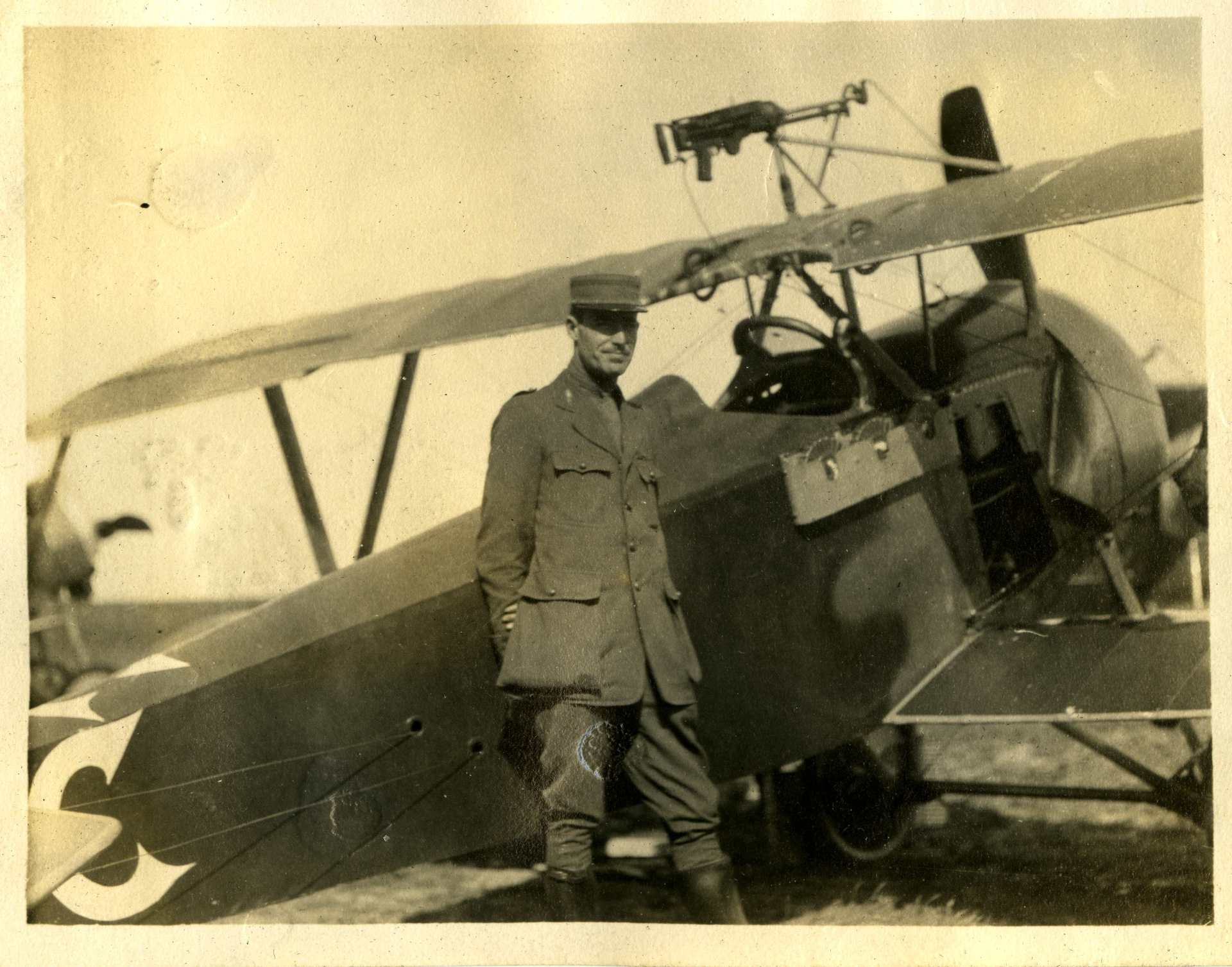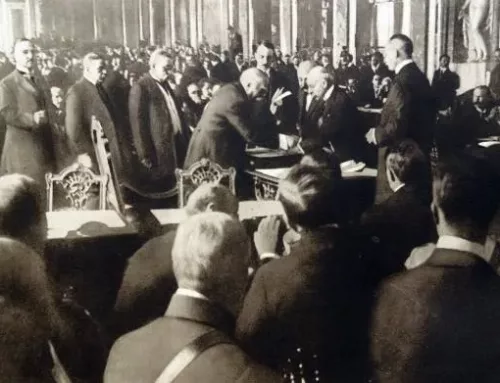Meanderings: True Tales About North Carolina – WWI aviator Kiffin Rockwell
Published: 9 March 2023
By Daniel W. Bigfoot
via the Lincoln Times News newspaper (NC) web site

Kiffin Rockwell
For a state that was the home to the first manned heavier-than-air flight with the Wright Brothers at Kitty Hawk in late 1903, North Carolina should rightfully celebrate what is called high-flying magic.
And that North Carolina magic continued twelve or so years later far from the confines of the Tar Heel State. But the pilot was a North Carolinian. And given his courage, daring, and willingness to aid his fellow human beings, any state, every state, would be proud to claim him. He was only 24 years old when he died, but in those 24 short years he packed more bravery, ambition, humility, and achievement than most people do in much longer lives.
His name was Kiffin Yates Rockwell. He was born in the Great Smokies in 1892, the son of a Baptist minister. His mother was an osteopathic physician. Because his father died when Kiffin was very young, Kiffin and his two siblings were reared in Asheville. Kiffin grew up there with a great fondness of the tales of his grandfather, a Confederate veteran. From him, Kiffin gained a sincere appreciation of valor, attention to duty, and self-sacrifice. These valuable character traits would stand him in good stead all of the days of his short life.
After graduating from high school in Asheville, Kiffin first enrolled at VMI in Lexington, Virginia. He subsequently transferred to the Naval Academy at Annapolis, Maryland. But ultimately, his college career ended at Washington and Lee, also in Lexington, where brother Paul had excelled in journalism. In fact, it was here that Robert E. Lee conducted the nation’s first school of journalism.
After college, both Kiffin and Paul became concerned and alarmed over the beginning of WWI in Europe and disenchanted with the reluctance of the United States to enter the war to assist Britain and France in the fight for the free world. Just three days after Germany declared war on France in 1914, Kiffin and Paul sailed to take up arms with the French—unbeknownst to their mother in Asheville.

Kiffin Rockwell
The Asheville Citizen-Times of August 27, 1914 bore the headline: “Germans And Allies Still Fight, Asheville Boys Join French Army.”
At the time, Kiffin was 21 and extremely handsome: 6 feet 4 inches tall and piercing blue eyes.
His manner was charming. He was quite the popular chap, but he was reserved around strangers.
Because aviation was in its infancy, initial fighting meant both Paul and Kiffin were to be foot soldiers. Quick infantry training in the French Foreign Legion was followed by battle action. They both endured the hardships and grueling combat of enlisted men.
Back in Asheville, their frantic mother tried every avenue available in an unsuccessful effort to bring her sons home. Rather, Kiffin’s letter to her brought tears: “If I die, you will know that I died as every man should—in fighting for the right. I do not consider that I am fighting for France alone, but for the cause of humanity, the most noble of all causes.”
Paul was wounded first; he recovered enough to use his journalistic skills to serve as a war correspondent. Then Kiffin went down with a serious thigh wound in 1915.
As Kiffin recuperated, he heard talk of the possibility of a French flying squadron, composed entirely of Americans. Even though Kiffin had never flown an airplane, he was extremely interested so upon his recovery, the Asheville fellow became one of the first Americans to join the new Escadrille Americaine. It was soon renamed, upon complaint of the neutral American government, to the Lafayette Escadrille.
Read the entire article on the Lincoln Times News web site.
External Web Site Notice: This page contains information directly presented from an external source. The terms and conditions of this page may not be the same as those of this website. Click here to read the full disclaimer notice for external web sites. Thank you.



